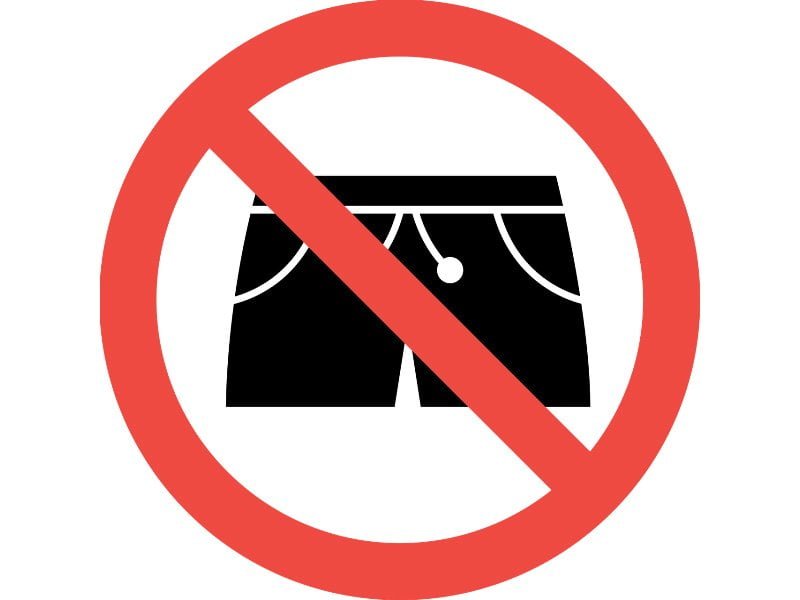Employers can determine rules on clothing and appearance in company regulations. What do employers have to keep in mind when setting such rules?

Employers may determine rules regarding the clothing and appearance of employees. However, this authority is not unlimited as can be seen from two recent rulings of the Court of Justice.
The first ruling held that a security company can order its personnel to wear neutral clothing and thus can prohibit clothing associated with religion, such as a headscarf. However, the second ruling held that a secondment agency for IT professionals was not allowed to dismiss an employee who did not comply with the request of a client not to wear a headscarf anymore. What do employers have to keep in mind when setting dress codes for their personnel?
The employer can only hold the employees to comply with the rules if these rules are known to the employees. You can ensure this by including a dress code and grooming standards in company regulations. It is important that these company regulations will then be actually enforced with regard to all employees they apply to.
It is not permitted to violate in a regulation the right to equal treatment, one of the most important fundamental rights. A ban on all expressions of faith (headscarf, cross, skullcap) therefore is forbidden discrimination.
A neutral provision can also discriminate against employees of a certain faith or gender. For instance, the requirement of a receptionist to wear high heels regards women only. Such indirect discrimination is only permitted if the employer has a good reason for the rule and this rule is appropriate and necessary to meet this goal.
In brief, a ban on headscarves is therefore not allowed, the obligation to wear neutral clothes may well be allowed.
It is important for employers to have good reason for rules. Safety, hygiene, but also the requirement for conformity and representativity can be good reasons. If the reasons of the employer are good enough, depends, among other things, on the following:
Setting a dress code to comply with the requirements of a client can be good reason only if the requirements of the client are based on a legitimate goal, which biases by the client or his employees are obviously not.
In a ruling from 2021, the European Court of Justice raised the bar. A ban on wearing political, philosophical and religious statements is only permitted in exceptional cases. Such a policy of neutrality has to meet three requirements:
If the employer sets rules that restrict the rights of the employees, the employer can be expected to offer the employees, if possible, an alternative to the regulation, for instance, a position with less or no face-to-face client contact. However, the employee can also be expected to comply with reasonable requests by the employer, such as to wear clothes that cover tattoos or to remove piercings.
If a company has a works council, company regulations and changes to them cannot be introduced without permission by the works council.
Would you like to draft a dress code or grooming standards for your employees? Or would you like to learn more about company regulations? Please contact us:
Employees who consume alcohol and drugs during work or who want to work under the influence remain a problem for employers. What measures can you take against this? Are you allowed to test an employee if you suspect they are under the influence?
Many companies do not have a works council, even though they should. When is it mandatory to establish one? What are the advantages of a works council? What are the consequences if your company does not have a works council?
Discrimination in the recruitment and hiring of new staff is not permitted. When do you, as an employer, discriminate during the application process, even unintentionally? And how can you prevent this, also if you use AI?
The government wants to improve the legal position of flex workers with a new law. What will it mean for employers and flex workers if the legislative proposal is adopted? What new rules will you need to take into account?
The statutory minimum hourly wage changes every six months. What are the new amounts as of 1 July 2025?
If a contract has ended, there may still be obligations you want your contract partner to fulfil, such as warranties or confidentiality. You can regulate this through survival clauses. What should you look out for when including such clauses?